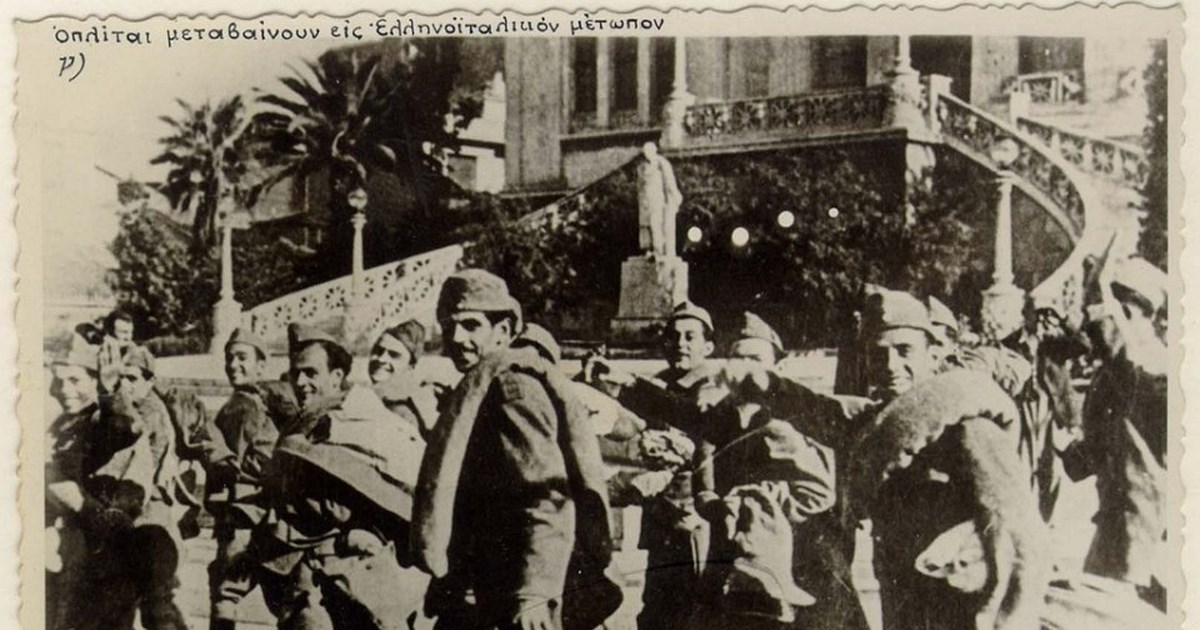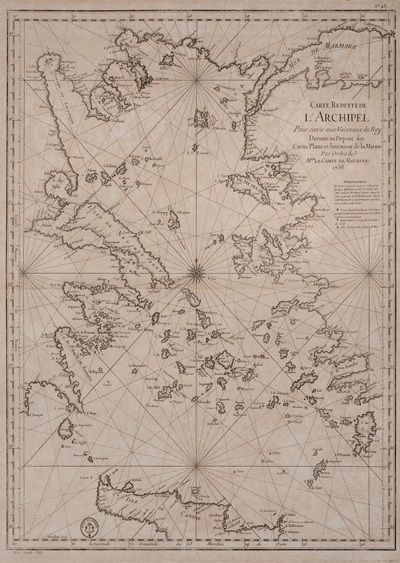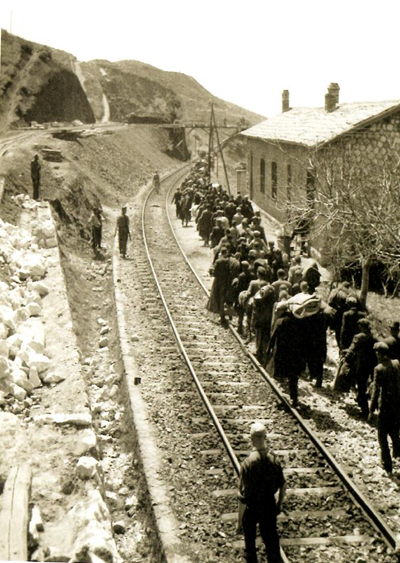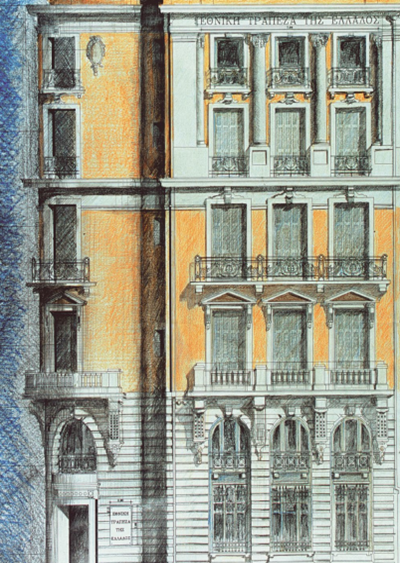
The greek-italian war was certainly an unprecedented, shocking experience for those who lived it. Each citizen in one way or another experienced the unique moments of the war that he recognized as decisive not only for himself but also for History.
At a time when the maintenance of a diary was already widespread among the bourgeoisie, many considered it their “duty” but mainly a personal need to record in their diaries the days of the war. Obviously this is not a comprehensive record of events but a personal testimony.
Obviously those who wrote were literate, usually graduates of high school or with higher education but not necessarily coming from a large urban environment. Of course, there were also not lacking diarists with elementary knowledge of writing.
Of course, it was more difficult to record a diary at the front, both because of the war conditions and the military restrictive regulations. Despite the adversity, however, often the comrades of the literate calendarists helped to record, either because they themselves understood the importance of the moments they lived but also because they hoped perhaps for a nominal reference to the pages of the diary.
However, keeping the diary was not a moral obligation but more a confession and a psychological support in the conditions of the war. On their pages there is not only bravery, self-denial and heroism, but also fear, boredom, self-interest of colleagues, state dysfunction…
Large is the number of diaries issued in the years immediately after the release. The diaries recalled the moments of unity during the war, contrasted the split that followed, recorded personal assessments, complained about the attitude of the post-war governments towards the warriors.
However, most calendars stayed for decades in the drawer of their calendars. Greater freedom, ease of publication, changes in scientific methodology, led to the publication of a large number of diaries in the years after 1980. The publications were made either by the elderly protagonists, or by members of their family as a tribute to comrades-in-arms or to deceased relatives.
The study of the diaries, always keeping in mind that personal images and experiences are recorded in them, complements the historical record by constituting a valuable source. It often acts as a magnifying glass on thoughts, feelings, moments and thoughts that are difficult to capture in the academic record.
Bibliography:
Demetriou Eleni, the Greek-Italian war as a personal experience. Diaries of Greek soldiers. Association for the dissemination of useful books, Athens, 2011
Loukatos Dimitris, soldier on the Albanian front. Calendar notes 1940 -1941, Ed. Potamos, Athens, 2001







Leave A Comment